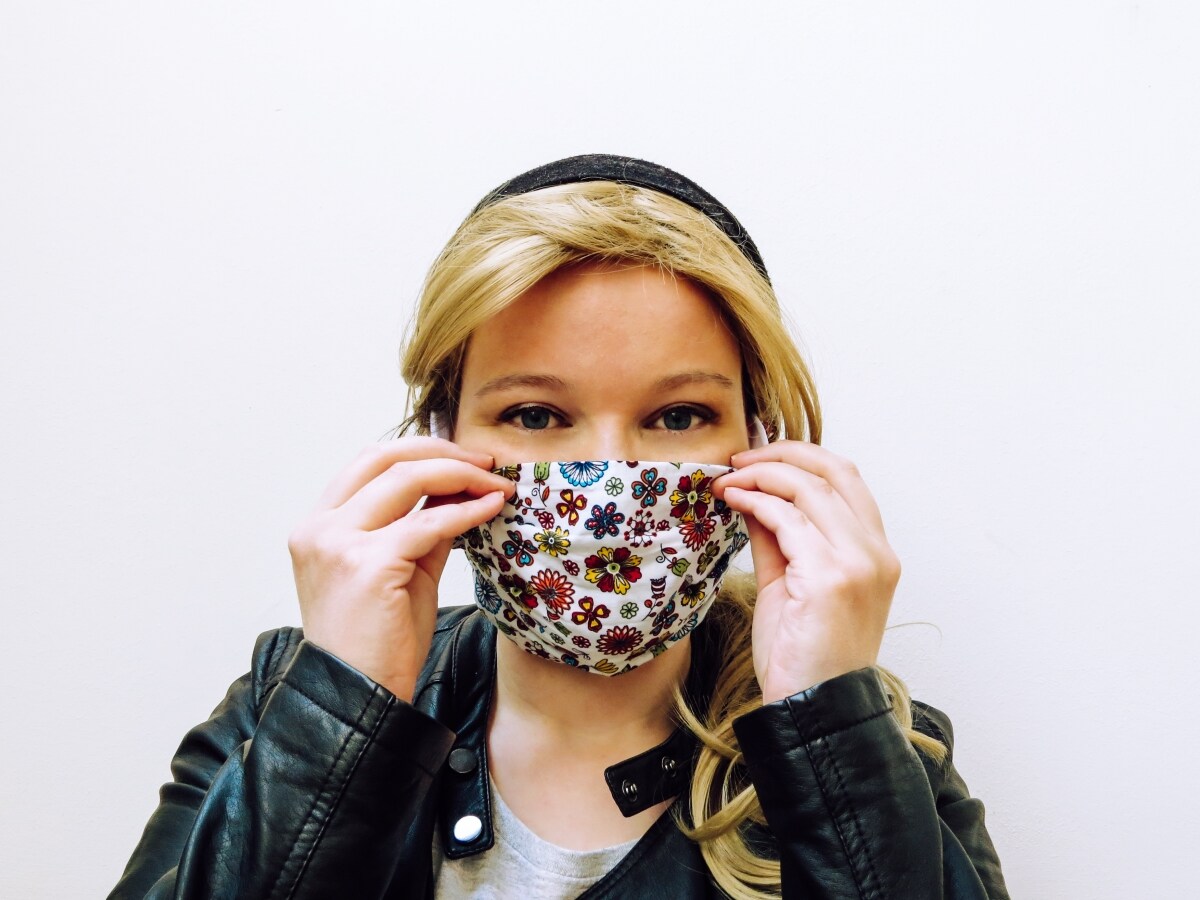Top Five Ways to Skip Mask-Related Skin Problems
 Face masks are important in reducing the spread of COVID-19. Whether you wear a mask for 15 minutes or for the entire day, it can be hard on your skin - causing acne, dry skin, itching and rashes. If you’re facing skin problems under your mask, try these five tips to calm your skin.
Face masks are important in reducing the spread of COVID-19. Whether you wear a mask for 15 minutes or for the entire day, it can be hard on your skin - causing acne, dry skin, itching and rashes. If you’re facing skin problems under your mask, try these five tips to calm your skin.
- Choose the right mask. To reduce skin problems, look for masks that offer the following:
- A snug, but comfortable fit: A well-fitted mask helps protect you and others from COVID-19. You want a snug fit across your nose, on the sides, and under your chin. A snug, comfortable fit also reduces skin problems. If the mask feels too tight or slides around on your face, it can irritate your skin. You’re also more likely to adjust a poorly fitting mask. When you touch your mask, you can transfer germs to your mask and your face.
- Soft, natural and breathable fabric, such as cotton: The fabric is also important. Avoid synthetic fabrics, such as nylon, polyester and rayon. These are more likely to irritate your skin and cause breakouts. Choose a mask with inside fabric that feels soft if you have sensitive skin, or is made of cotton if you have acne or oily skin.
- Wash and moisturize your face daily. When washing your face, use a mild, fragrance-free cleanser and follow these steps.. Apply moisturizer immediately after washing your face. Applying moisturizer adds a protective layer that can reduce dryness – which is a common problem when you’re regularly wearing a facemask. To get the most benefit, use the right moisturizer based on your skin type:
- Oily skin (or when weather is hot, humid): Gel moisturizer
- Normal or combination skin: Lotion
- Dry to very dry skin: Cream
- Skip new or extra skin care products. Just as they can help keep you face clean and smooth, skin care products can also irritate your skin or clog your pores. Some products to consider taking out of your routine while wearing a facemask are makeup, leave-on salicylic acid and retinoids. If you choose to wear makeup, try to use oil free or noncomedogenic products.
- Wash your cloth masks after every use. Washing your mask protects you from COVID-19 and removes oils and skin cells that collect inside the mask, which could lead to a skin problem. You can wash a cloth mask in a washing machine or by hand. Both ways remove germs and other particles. Just be sure to:
- Follow the washing instructions on each mask.
- Wash the masks in hot water unless the instructions say otherwise.
- Use a fragrance-free, hypoallergenic laundry detergent. After washing your mask, check its shape. If a mask no longer fits snugly (and comfortably), it is less protective.
- Protect your lips by applying lip balm or petroleum jelly. Do this after washing your face, and before you put on your mask and before bed.
Aaron Bacalia, PA-C, sees patients at Bronson Primary Care Partners—West Main St. and is accepting new patients. Schedule an Appointment with Aaron now.